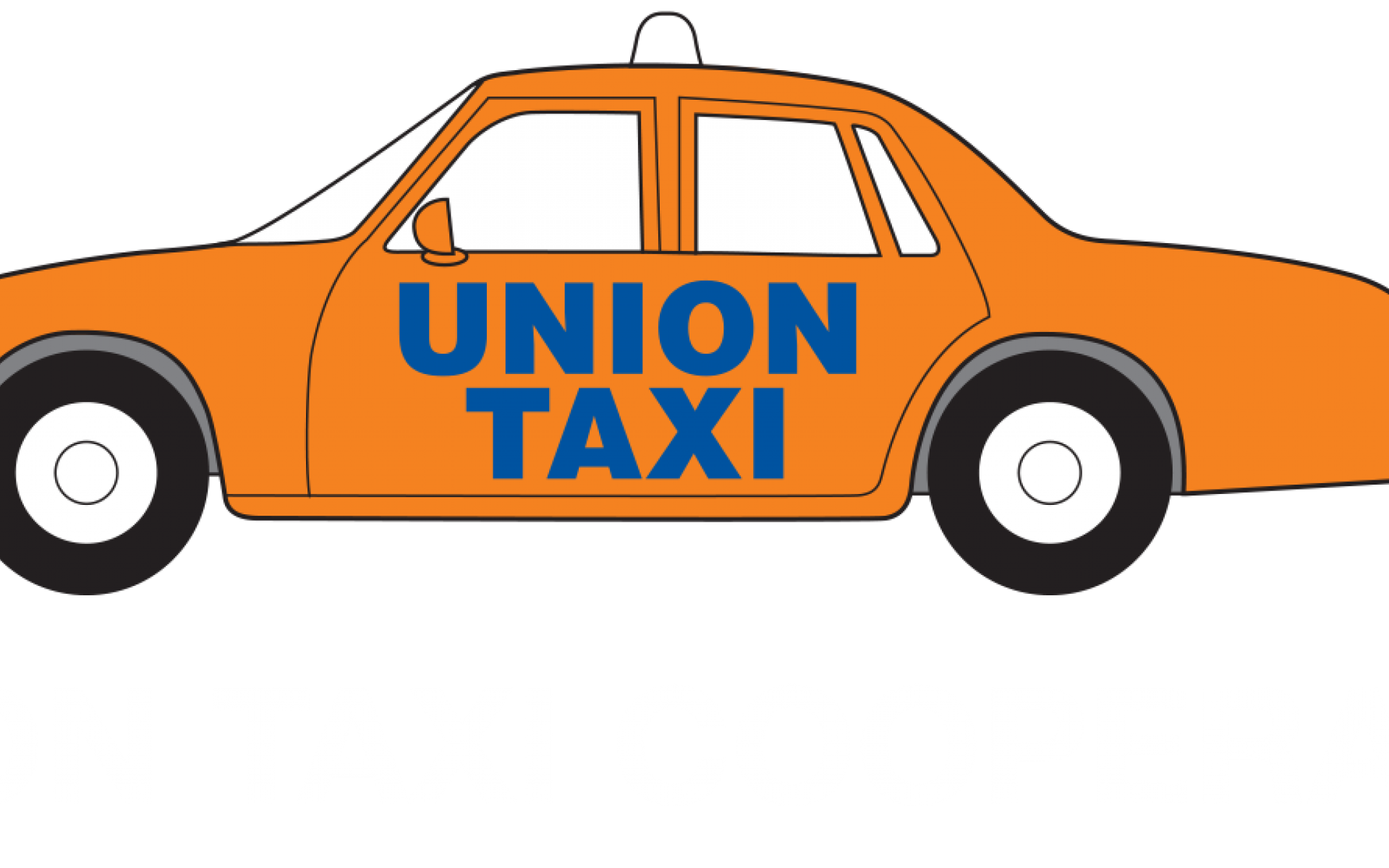Sign up for our mailing list to receive company updates, industry news, and more.

As Transportation Network Companies (TNCs) continue to disrupt the transportation industry, there are a growing number of taxi drivers who are banding together in a unique way to compete with the likes of Uber and Lyft. Drivers in Denver, Portland, San Jose, New Jersey, and other areas are now teaming up to create cooperatives, a type of business in which each employee owns a share of the company and is able to participate in decision making. While cooperatives exist in many industries, including banking, retail, and manufacturing, there is a particular appeal for workers in the transportation industry who are often subject to long working hours and steep operating fees.
The trend of drivers coming together to form cooperatives can be traced to Denver, CO, where in 2007 drivers sought to form their own taxi company. A group of taxi operators approached Communications Workers of America Local 7777 (CWA) for support and guidance, and in 2009, Union Taxi Cooperative was formed. Five years on, and Union now has roughly 250 drivers and has enjoyed great success in their cooperative business model.
Better working conditions and ownership of the business are two of the primary benefits of working for a cooperative business. Drivers in a cooperative are able to vote on their pay, working conditions, and the hours that they work. The ownership structure also means that drivers do not have to pay lease or operator fees to a management company, which can run as much as $150 per day. In a cooperative, those fees can be reduced by nearly 70% (Shareable). The end result is that drivers are able to work fewer hours while taking home more money. Others drivers in Denver have taken note, and are now interested in forming a second taxi cooperative in the city.
"We’re actually seeing a mini-explosion of interest in taxicab co-ops," says Melissa Hoover, executive director of the Democracy at Work Institute. "These groups are responding to the same weaknesses in the industry that Uber is, but from a perspective centered around bettering workplace conditions, worker control, and compensation rather than ‘disrupting’ the model to benefit investors at the expense of workers" (Co.exist).
Hearing of this interest, CWA initiated a membership drive and again offered support for these local drivers. The organization recruited more than 1,000 new members, and as of November 2014 nearly half had contributed an initial $500 investment to get the cooperative up and running (Shareable). While there are still many hurdles to clear, like getting approval from the Public Utilities Commission, it appears as if Denver will soon have two successful taxi cooperatives.
There are likely more taxi cooperatives on the horizon, as increasing numbers of drivers seek alternatives to the traditional taxi company. Lisa Bolton, President of CWA 7777 agrees, stating, “I think taxi cooperatives are a growing movement. I think that it's also a really good, innovative way to for the labor movement to help people fight for workers' rights” (Shareable).
Get a Fast, Free Consultation
Our knowledgeable staff will review your insurance needs and provide you with a free, no obligation quote.
![]() Prefer to talk to a real, live person?
Prefer to talk to a real, live person?
Give us a call at 1-800-727-3732

